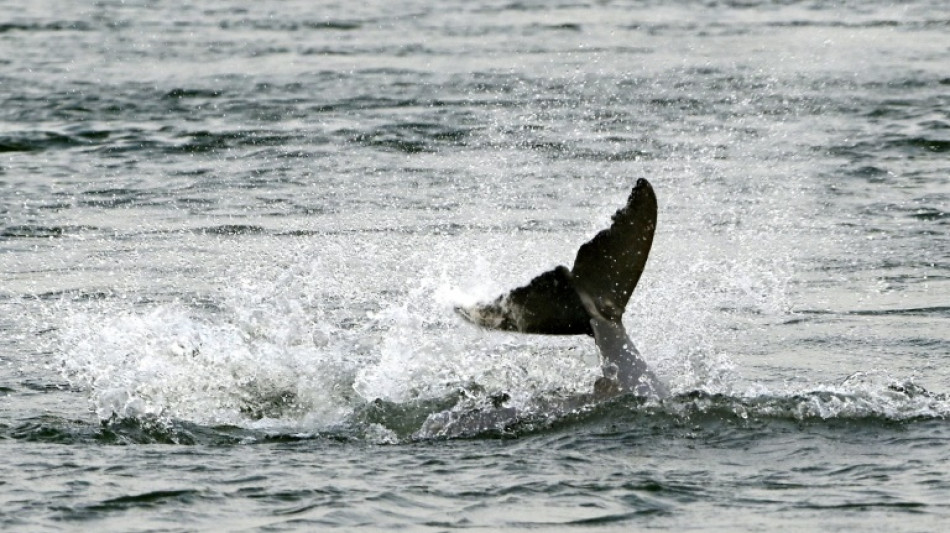
Cambodian leader U-turns on rare dolphin conservation law

Cambodian leader Hun Sen on Thursday cancelled a law he created just two months ago to protect critically endangered Mekong dolphins as the mammals continue to die from illegal fishing activities.
The population of Irrawaddy dolphins in the river Mekong has dwindled from 200, when the first census was taken in 1997, to just 89 in 2020 largely due to illegal fishing and habitat loss.
Hun Sen issued a new decree in February creating protection zones in a 120-kilometre (75-mile) stretch of the Mekong, in which fishing is banned, following the death of three dolphins in a week.
Conservationists have also stepped up efforts to protect the mammals -- small, shy creatures with domed foreheads and short beaks that once swam through much of the river, all the way to the delta in Vietnam.
But two dolphins have since died, including a four-day-old calf found dead last week entangled in fishing nets.
Hun Sen said Thursday he had decided to cancel the new decree because "dolphins keep dying and thousands of fishing families were affected".
"We want to protect dolphins that are at risk of becoming extinct, but dolphins keep dying," he said at an event in Phnom Penh.
"Dolphins keep entangling in gillnets despite the ban," he added, referring to nets strung across the river by fishermen.
Hun Sen said the law also affected thousands of families who depend on fishing in the Mekong.
"Shall we continue this? We must annul it and let people get benefits from the river," he said.
Hun Sen asked authorities to implement old regulations to ban fishing in parts of the dolphin zones and to crack down on electrofishing.
Eleven dolphins died in 2022, bringing the total number of dead dolphins to 29 in the last three years, according to the World Wildlife Fund.
O.Pileggi--PV
